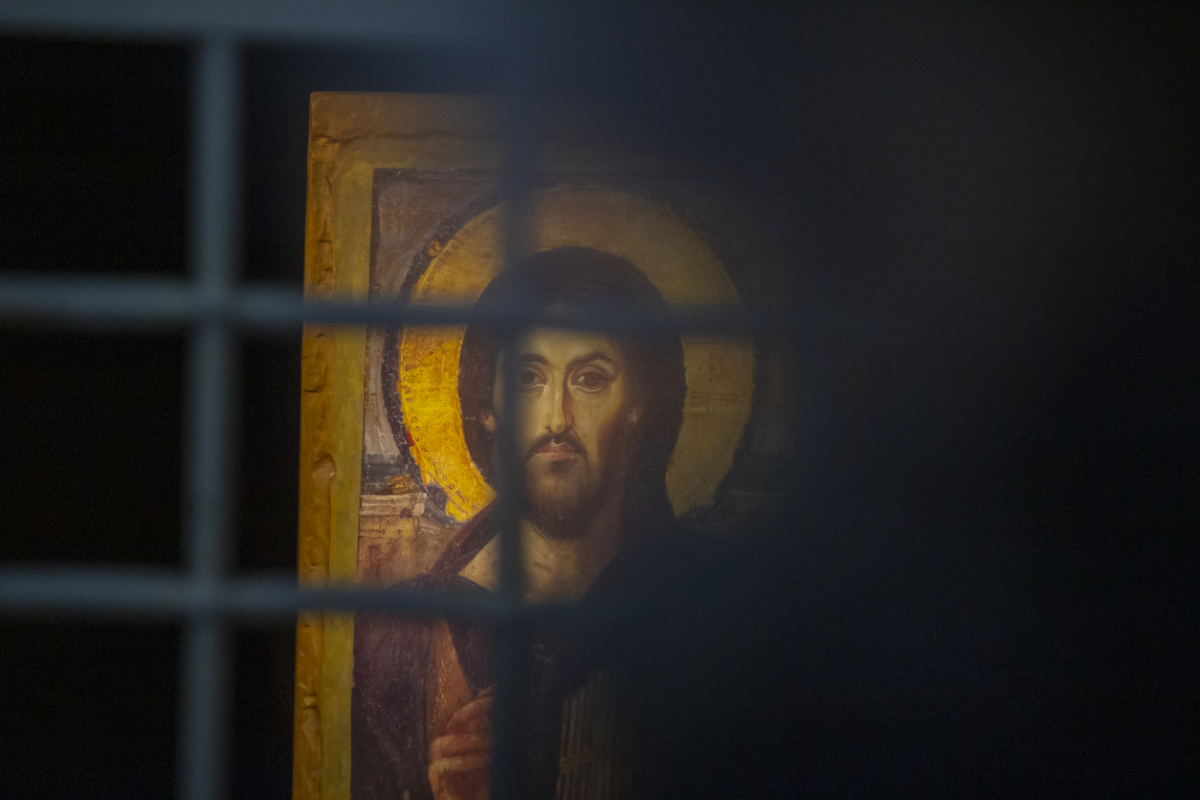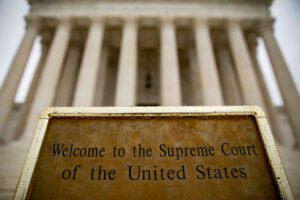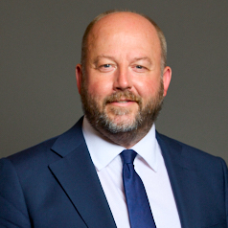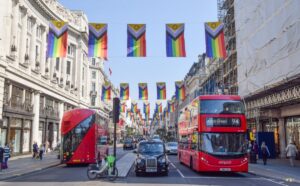Shrewsbury to Celebrate Historic Christian Event with Diverse Festival
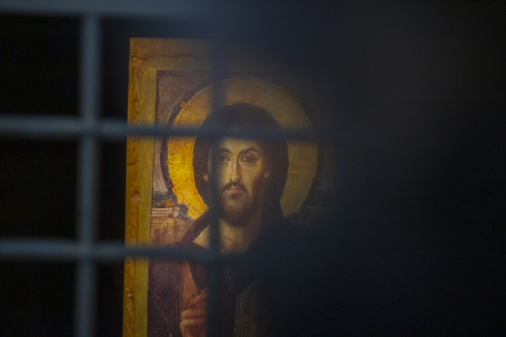
This spring, Shrewsbury will be the center of a significant cultural and religious gathering, marking 1,700 years since the First Council of Nicaea, a pivotal moment in the history of Christianity.
Known as ‘Nicaea 2025’, this festival will feature a variety of activities, including art exhibitions, musical performances, lectures, and pilgrimages. These events pay homage to the Nicene Creed, a core statement of faith for Catholic, Orthodox, Anglican, and major Protestant denominations worldwide. Formulated during the council in 325AD, the creed affirms belief in a Trinitarian God and continues to be central in Christian worship.
The Greek Orthodox Archdiocese of Thyateira and Great Britain has designated Shrewsbury Orthodox Church as the national hub for this celebration, recognizing it as the only Western European church dedicated to the ‘318 Holy Fathers of Nicaea’.
The festival will kick off with a two-week sacred iconography exhibition at St Julian’s Church, Wyle Cop, from 24 May to 6 June. This exhibition aims to underscore the theological importance of the Incarnation, a topic addressed at the First Council of Nicaea, and will present works from prominent contemporary icon painters in the West.
Father Panteleimon Maxfield, a priest at Shrewsbury Orthodox Church, remarked, “We are delighted to host this public festival of celebration to which all visitors are welcome.”
He further elaborated, “The Council of Nicaea was a defining moment for the Christian Church and the first major event after the legalisation of Christianity. Many of those present had suffered torture under Roman persecution and were disfigured in an appalling way, with eyes and limbs missing. They were ‘confessors’, living witnesses of the faith.”
Father Maxfield added, “The Council refuted the heresy of Arianism and established the Creed to affirm the teaching of the Apostles, that Christ was fully God and fully man. The icon exhibition is a key part of our celebrations because iconography, in itself, is a celebration of the incarnation of God which is central to the Christian faith and the Council’s deliberations.”
Additional highlights of the festival include a concert of ancient sacred music from various parts of the world at Shrewsbury Cathedral on 25 May, an open day at the historic 13th-century church in Sutton on 31 May, and a theological symposium on 21 June. This symposium will feature Rev Professor John Behr, a distinguished scholar in early Christianity and the development of Christian doctrine.
The First Council of Nicaea, convened by Roman Emperor Constantine shortly after Christianity’s legalization, gathered 318 bishops from across the Roman Empire to settle critical theological disputes, particularly Arianism. This controversial belief suggested that Christ was created and not fully divine, leading to intense debates and public unrest. These issues were resolved with the adoption of the Nicene Creed, which affirmed Christ as “fully God and fully man”.
This article was originally written by www.christiantoday.com

